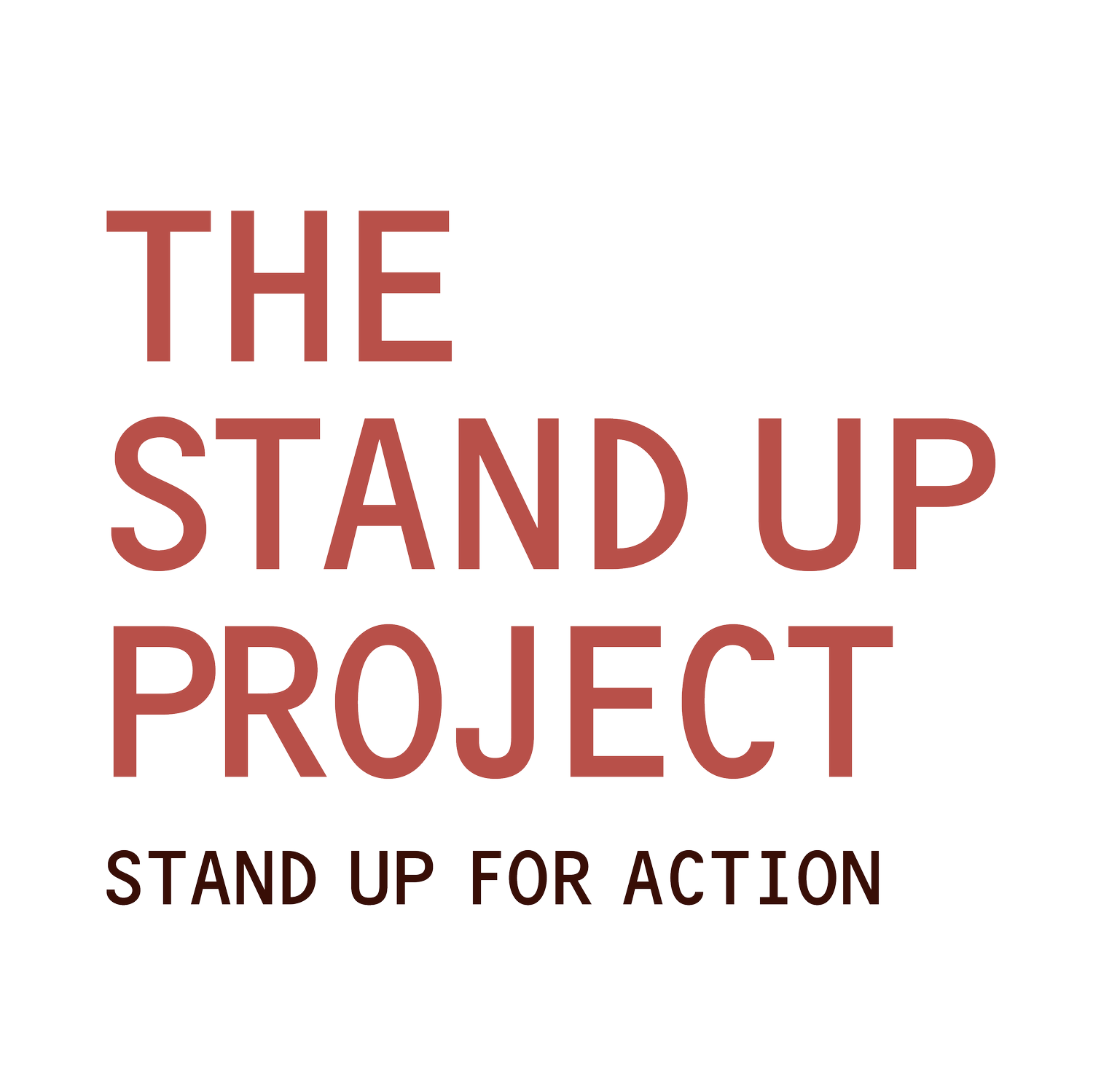A message from our Founder, Dr Zach Greig
At one point in "Adolescence," a son looks at his father and says, “You’re not getting it, you’re not seeing what’s going on.” I couldn’t have put it better myself. My only disappointment is that it took a Netflix show for us to realise it.
What we see portrayed in this show isn't fiction – it's happening right now, in Australia, likely at a school near you.
Indeed, a student recently told me that another student was impersonating them online and encouraging others to harm themselves. It broke my heart when this student asked, “What if someone actually does it, Dr. Greig? What am I supposed to do?”
Sadly, this student’s story isn’t isolated - it reflects a systemic issue playing out in classrooms across the country.
Australian classrooms are now ranked among the most disruptive globally, even surpassing what's depicted in the UK-based show.
Year 9 students in Australia face some of the highest bullying rates in the developed world. One in four teachers report feeling unsafe at work.
And don’t fool yourself - these statistics aren't isolated to particular regions or socio-economic groups. Bullying happens across public and private schools, in wealthy suburbs and disadvantaged communities alike. It’s pervasive, and urgent action is required.
These aren’t abstract figures either; they're real students, parents, and teachers experiencing distress every day. I hear their stories – their hopes, worries, and stresses – daily.
As a society, we need to listen to these students because they are facing bullying, violence, and social isolation at alarming levels. Yet too often, adults don’t see the full picture.
It's time we openly acknowledge this crisis and proactively address it.
That’s why programs like The Stand-Up Project (SUP) put student voices at the centre of the solution. Meaningful change occurs when young people themselves drive the conversation. SUP is entirely student-driven - it’s their project, not mine, nor their teachers'.
Students identify the issues impacting them and develop their own solutions. We actively tell students, "Don't tell us what you think we want to hear," and remind them, "If you decide everything at your school is fine, that is your choice. We aren't directing you to make change but asking if you want to."
The student in Adolescence is right - adults often struggle to see what's really going on. Listening to them isn't just beneficial; it's essential.
Make it stand out
Whatever it is, the way you tell your story online can make all the difference.

